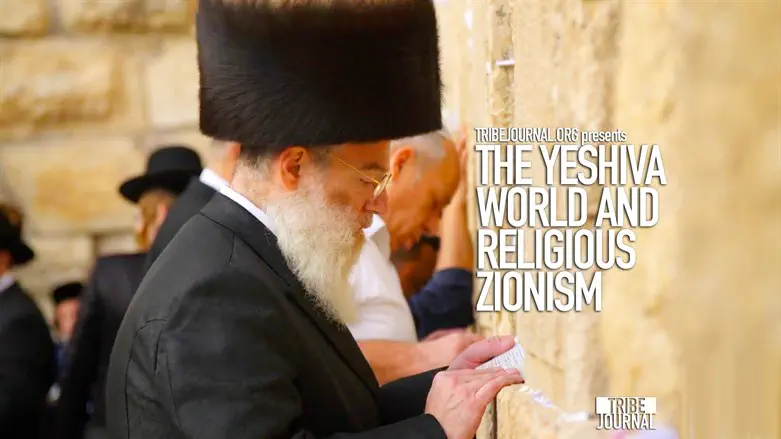
Most yeshiva students have things somewhat mapped out. Spend a year or two learning in yeshiva in Israel, return to the states, often to a place like Lakewood or Monsey, spend 6 months in the "freezer" focusing on only learning and then start shidduchim, dating for marriage.
However, sometimes these guys end up staying in Israel for another year, and another year etc. And sometimes they settle in Israel and build their lives here in the holy land. Other times they set their sights on returning sometime in the not so distant future…which seems to ebb further and further away with each year that passes. Every so often, there are those who ask the question, "Why aren’t more people staying here after yeshiva?"
Its never easy being an immigrant. Everyone knows Israel has changed over the decades. We hear how difficult it was for the immigrants of political Zionism in the mid 1900’s. We can’t imagine what the Vilna Gaon, the father of the yeshiva movement had to endure in the late 1700’s during his failed attempt at making aliyah to the Holy Land. He made it as far as Odessa and then literally missed the boat. It was the students and children that eventually actualized his vision and moved to Israel to build what became known as the Hayishuv Hayashan, the old settlement. However, this is often forgotten or buried deep within the collective consciousness of today's yeshiva world.
The students of the Vilna Gaon and the students of the Baal Shem Tov should be our role models. They experienced unthinkable hardships and were happy. This is what G-d intended: for the Jewish people - to live here, keep his Torah and flourish.
Just because its easier for us to just hop on a plane and go to Eretz Yisrael doesn't mean it should be any less important. If they were willing to go through unthinkable hardship in order to come here and to live here and they were happy doing it, then it doesn't make sense for us to ignore all that.
The Generation that didn't make it
Yehoshua Bin Nun also didn't have it easy in the times of Moses leading the Jewish people out of Egypt. In fact, due to lack of confidence, faith and trust in G-d an entire generation was sentenced to die in the desert and not enter the land. Entering the land only happened 40 years later when that next generation was able to go in and conquer the cities of the morally bankrupt Canaanites living here several thousands of years ago.
Today's Aliyah?
Today, not only does Israel have modern day amenities such as sewage, running water, hospitals, but it also has economic opportunity, a hitech industry of world renown, a booming economy, as well as a diversity of communities for nearly any immigrant in any language. There are new haredi English speaking communities and schools popping up all the time and in places such as Ramat Bet Shemesh, many of these schools are vibrant and flourishing.
Demographics of a Religious Jewish State
According to a 2016 study by the Pew Research Center, about 62% Haredim said that the term Zionists does describe them accurately. But Pew was probably asking the wrong question. If the question is about living in the Holy Land, they may have answered differently. It is strangely ironic that many may find it astonishing that today, religious Jews also have a deep yearning and passion for living here.
In fact, as we saw in 2021 approximately 75% of those making aliyah from North America were Orthodox, hands down the largest group in 2021. According to the Israel Democracy Institute, Haredim alone (not including other Orthodox Jewish groups) will comprise 32% of Israel’s population by the year 2065. Although the politics of the 20th century may have been confusing, there's no question that the future of Israel looks more religious than the early founders of the modern state could ever have dreamed.
This short film by J.P. Katz from the TRIBE Group zooms in on Avraham Shusteris from Nachliel and Yoel Berman from Kedushas Tzion who are building programs to restore the purpose of living in Eretz Yisrael to the hearts and minds of those living here and stateside.
JP Katz from tribejournal.org is a film producer and video blogger living in Bet Shemesh, Israel focusing on documenting, filming and sharing an Israel untold.
Parts of this article were remarks by Yoel Berman and Avraham Shusteris, as can be seen in the film..